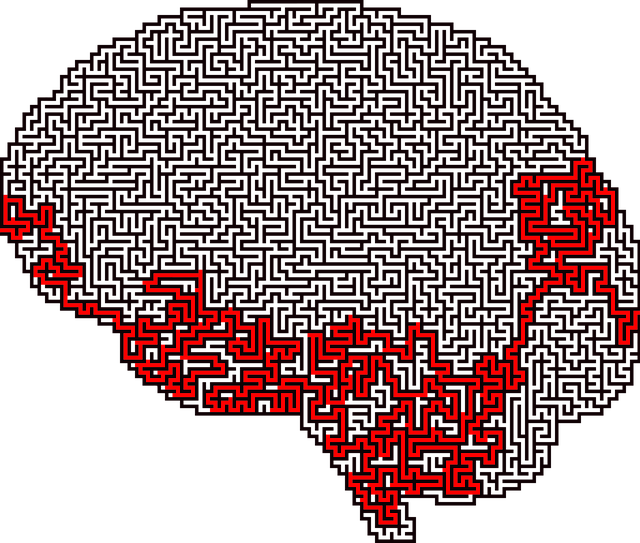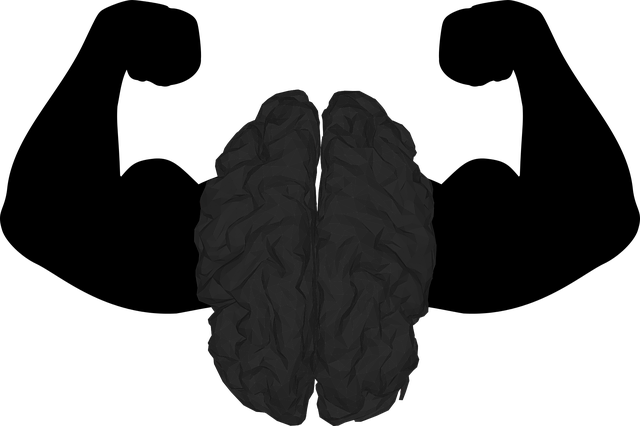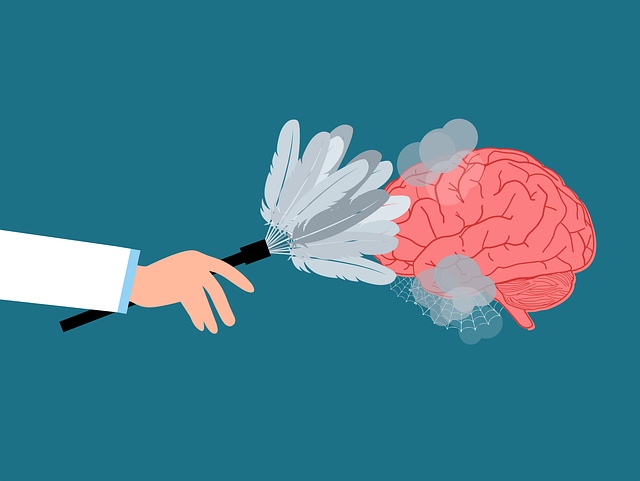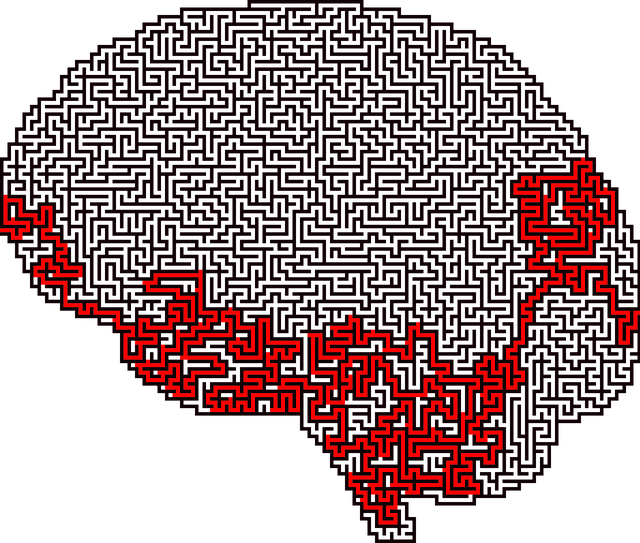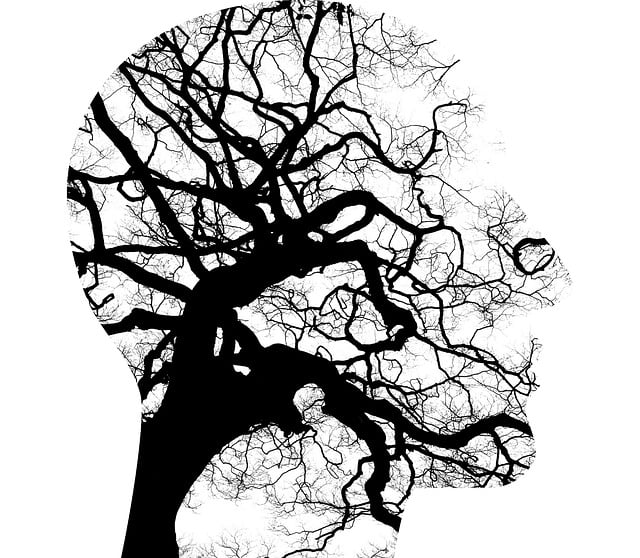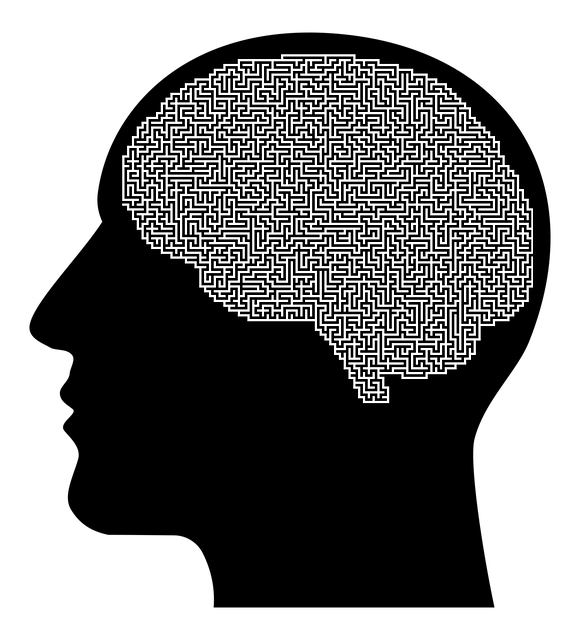Mental health professionals at Northglenn Chronic Illness Therapy face unique challenges, including secondary trauma from absorbing client distress, requiring strong boundaries, self-care, and empathy-building strategies to prevent burnout. They navigate intense emotions, complex health issues, patient resistance, and self-harming behaviors, using risk assessment, emotional intelligence, and tailored coaching programs for comprehensive mental wellness management. By prioritizing continuous monitoring, cultural sensitivity, and personalized approaches, therapists create safe spaces fostering positive transformations and resilience in clients' unique journeys.
Mental health professionals face unique risks on a daily basis, often placing them at higher vulnerability to burnout, stress, and even suicidal ideation. This article delves into the critical area of risk assessment for these specialists, specifically in Northglenn Chronic Illness Therapy settings. We explore understanding the unique challenges, identifying potential hazards, implementing robust risk assessment strategies, and continuous monitoring for optimal patient care. By adopting comprehensive approaches, we can ensure safer working environments for mental health professionals in Northglenn Chronic Illness Therapy centers.
- Understanding Mental Health Professional's Unique Risks
- Identifying Potential Hazards in Northglenn Chronic Illness Therapy Settings
- Implementing Effective Risk Assessment Strategies
- Continuous Monitoring and Mitigation for Optimal Patient Care
Understanding Mental Health Professional's Unique Risks

Mental health professionals often find themselves in unique and challenging situations that can lead to specific risks. These professionals are not only responsible for their own well-being but also for managing the delicate emotional states of their clients. The nature of their work exposes them to intense emotions, traumatic stories, and complex interpersonal dynamics. For instance, therapists at Northglenn Chronic Illness Therapy may encounter individuals struggling with severe mental health disorders or those in crisis, which can be emotionally taxing.
One significant risk is the potential for secondary trauma, where professionals experience a form of emotional distress by absorbing their clients’ traumatic experiences. This is especially true when dealing with topics like abuse, loss, and chronic illness. Additionally, the professional-client relationship itself demands strong boundaries and self-care practices to prevent burnout. Conflict resolution techniques and empathy-building strategies are essential tools for managing these risks, fostering healthy relationships, and ensuring professionals can provide the best care possible while safeguarding their own mental health.
Identifying Potential Hazards in Northglenn Chronic Illness Therapy Settings

In Northglenn Chronic Illness Therapy settings, identifying potential hazards is paramount to ensuring a safe and supportive environment for both clients and mental health professionals. These environments can be emotionally intense, with patients often facing complex challenges related to their health, relationships, and overall well-being. Therefore, therapists must be vigilant in recognizing and mitigating risks that could impede effective treatment or even pose threats to personal safety.
Hazards may manifest as patient resistance to treatment, potential self-harming behaviors, or the impact of chronic illness on mental acuity and emotional resilience. To navigate these challenges effectively, mental health professionals should leverage empathy building strategies, integrate stress management techniques, and consider the development of tailored mental wellness coaching programs. Such proactive measures not only foster a secure therapeutic space but also empower clients to manage their conditions holistically while prioritizing their mental wellness.
Implementing Effective Risk Assessment Strategies

Mental health professionals play a crucial role in identifying and mitigating risks associated with their clients’ mental well-being. Implementing effective risk assessment strategies is an essential part of ensuring safe and quality care, especially in settings like Northglenn Chronic Illness Therapy. These strategies involve a comprehensive evaluation of various factors that may impact a client’s mental health, including personal history, current circumstances, and potential triggers.
By integrating emotional intelligence and understanding the emotional healing processes, professionals can tailor their assessments to address specific needs. This proactive approach to risk assessment not only aids in depression prevention but also fosters more personalized treatment plans. Through regular reviews and ongoing support, mental health workers can create a secure environment that promotes resilience and empowers clients to manage their mental health effectively.
Continuous Monitoring and Mitigation for Optimal Patient Care

Mental health professionals play a vital role in fostering mental wellness and inner strength development for their patients. To provide optimal patient care, continuous monitoring is essential. This involves regularly assessing and addressing the evolving needs of individuals, particularly those suffering from chronic illnesses. At Northglenn Chronic Illness Therapy, we understand that each client’s journey is unique, demanding tailored approaches.
By integrating cultural sensitivity in mental healthcare practice, professionals can create a safe space for patients to express their experiences authentically. This continuous monitoring and mitigation process ensures that interventions are effective and aligned with the patient’s cultural background and personal growth trajectory. Through such practices, mental health professionals contribute to positive transformations, empowering individuals to navigate life’s challenges and cultivate lasting resilience.
Mental health professionals, like those practicing at Northglenn Chronic Illness Therapy settings, face distinct risks that demand careful consideration. By understanding these unique challenges, identifying potential hazards, and implementing robust risk assessment strategies, therapists can ensure a safer working environment. Continuous monitoring and proactive mitigation are essential for optimal patient care and the well-being of healthcare providers alike. This comprehensive approach not only protects professionals but also enhances the quality of treatment offered to clients.

